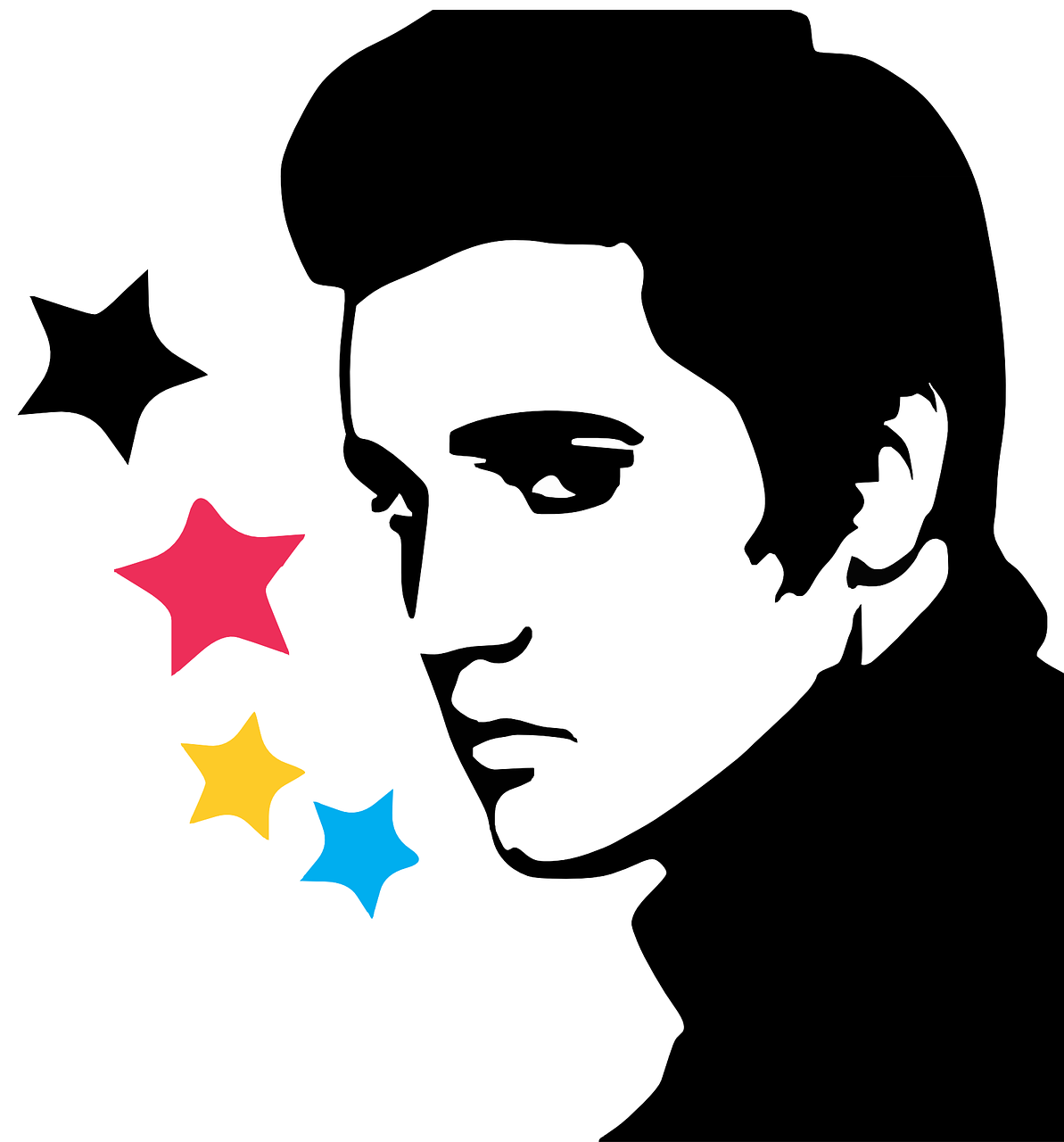Getting laid off in middle age brings up many hard questions. When will I find another job? What kind of job can I get and – most importantly – what kind of job do I really want?
When you work a job for decades that puts food on the table, brings you into contact with many great people, and feels like a home-away-from-home, you can start to feel that it was all meant to be. You feel grateful much of the time, overlook the negative aspects of the job (there are always some) and strive to appreciate all the good. You say to yourself: “I make a good contribution to this company, and while it’s not all perfect, I feel valued in many ways, and I will stay as long as they will have me”.
This is especially true in a poor economy, and if you’re someone like me who doesn’t really like change. You think “Sure, there may be better uses of my talents, but I have it pretty good here, and many people are a lot worse off.” Some days this feels like complacency, but more often it feels like you’re being a realistic person with a pretty positive attitude.
But when this “nice enough” job is pulled out from under you, as mine was in a restructuring about a year ago, your carefully constructed standards suddenly turn on their head.
You begin to question everything. You feel angry. Some days you cry and rant and wish your mom were still around to tell you everything will be OK. But eventually, your mood begins to even out and you start making plans to move on, but – if you’re anything like me – one thing has changed for good.
You can’t feel complacent anymore. In your low moments, you still feel hurt and lost and disoriented. After all, you gave your best to your company for many years and they rewarded you by escorting you secretly from the building with your pathetic box of belongings: your Van Gogh print and chipped mug and odd assortment of items grabbed from your top drawer.
Yes, you are hurt. But in your better moments, you also feel gleeful, giddy and free! You think – Hey, I can do anything I want now! The world is wide open! This may or may not be true, but you’re no longer a slave to the alarm clock or to a moody boss, and you have a chance to chose a new future.
Of course, this can be as alarming and disorienting as the earlier feelings of loss and abandonment (perhaps just the other side of the coin) but it does make you wonder if maybe there’s a lot more to life, a lot more you could be doing. Perhaps you’ve been missing out and living as an underachiever all these years.
You brainstorm about an exciting future. You could finally finish your degree, reconnect with old friends, travel, find a job that really expresses your unique talents. Yes, this is all true. And you try many things. However, if you’re like me – a middle aged office worker in a small town – you may start to feel that your options are fairly limited after all.
Seemingly, my work life changed very little in over 20 years. Each morning, I drove to the office and each day followed a predictable pattern not much different from the generation that worked before me.
Most people still go to a company office each day and still make physical products that are shipped to other people and places. These transactions are recorded on paper and kept in physical files. We still sit together in meetings around big tables, and go home and repeat it all the next day.
Sure, there are always slow concessions to new ways of doing things. Computers are gradually introduced into more processes, but some managers insist on keeping paper records and files because it’s easier for them to access and understand. They trust paper.
Then came conference calls over computers with people located all over the world. The technology got better and we started to rely on this “virtual” way of life at work and at home, little by little until it seemed normal and we began to forget some of the older ways of doing things.
But for companies like mine, the changes were slow and often superficial. Old thinking still prevailed, especially in the minds of owners and management, many of whom were older people who began their careers before personal computers or servers or the internet became entrenched.
I often felt that my company was behind, despite a show of adopting new technology in some respects. And I am the kind of person who likes to learn about anything new. I’ve always read about innovative technology and like to think about improved ways of doing just about everything.
As a buyer, I encouraged my department to purchase online for better prices and lead times. I learned as much as I could about computer systems and software and tried to streamline my work day with all the technology available to me. I was fairly tech savvy and felt like a sophisticated employee in many ways.
However, losing my job unexpectedly caused me to realize how unprepared I often feel in this new work world.
After several months of looking for employment in my local area, I realized that most employers will pay only entry-level wages in this depressed region, no matter the age or experience of the applicant. This because they can usually find someone who will take a low wage. So why pay more for experience? (Most seem to overlook the cost and time burden of training novice employees.)
I’ve also come to draw a distinct line between the brick-and-mortar employers operating in my physical region and the employers who operate almost exclusively in the cloud, with most or all staff working directly from their homes around the country or the world.
I’ve come to know this second group from exploring beyond my local geography. I could find no suitable work in my hometown, had no desire to move or commute long distances, so I began to explore the mysterious world of online business to see what I could discover.
The hard part is wading through all the junk, all the scams, to find the valuable nuggets. There are real jobs online, but you have to be careful, because anyone can go online and claim to be or offer anything, and you have to know how to weed out all the bad.
A friend of mine at my 20-year job used to call me an “early adopter”. Honestly, I didn’t even know what he meant at first. But he was right. I do want to know about everything that’s new. I don’t always partake, but I want to know how it all works, and if it makes sense for me, I want to give it a whirl.
So, I’ve decided that I want to be a virtual employee. I want to work from home from my computer. Not many people do it yet, and there can be unexpected pitfalls, but I’m eager to give it a chance.
Because on some level I do feel that there has to be more for me; that losing my long-term job was a sign that things are changing and I want to be part of the changes and help usher them in.
I want to be a valuable, resourceful, innovative player in the new online workforce. Maybe even an entrepreneur in my own right.
It’s a scary proposition and not exactly what I’ve expected so far. But I’m taking the journey as far as I can, and I hope you’ll come along for the ride.
Until next time…
Jen



 As a teenager, I found mindfulness a little insulting. One book on the subject instructed me to take a shower as if it were the only activity in the world, to feel all the lather and the hot water and to focus on every swipe of the washcloth; to breathe in the steam and to “be” the shower. Frankly, it seemed limiting and kind of sad.
As a teenager, I found mindfulness a little insulting. One book on the subject instructed me to take a shower as if it were the only activity in the world, to feel all the lather and the hot water and to focus on every swipe of the washcloth; to breathe in the steam and to “be” the shower. Frankly, it seemed limiting and kind of sad.




